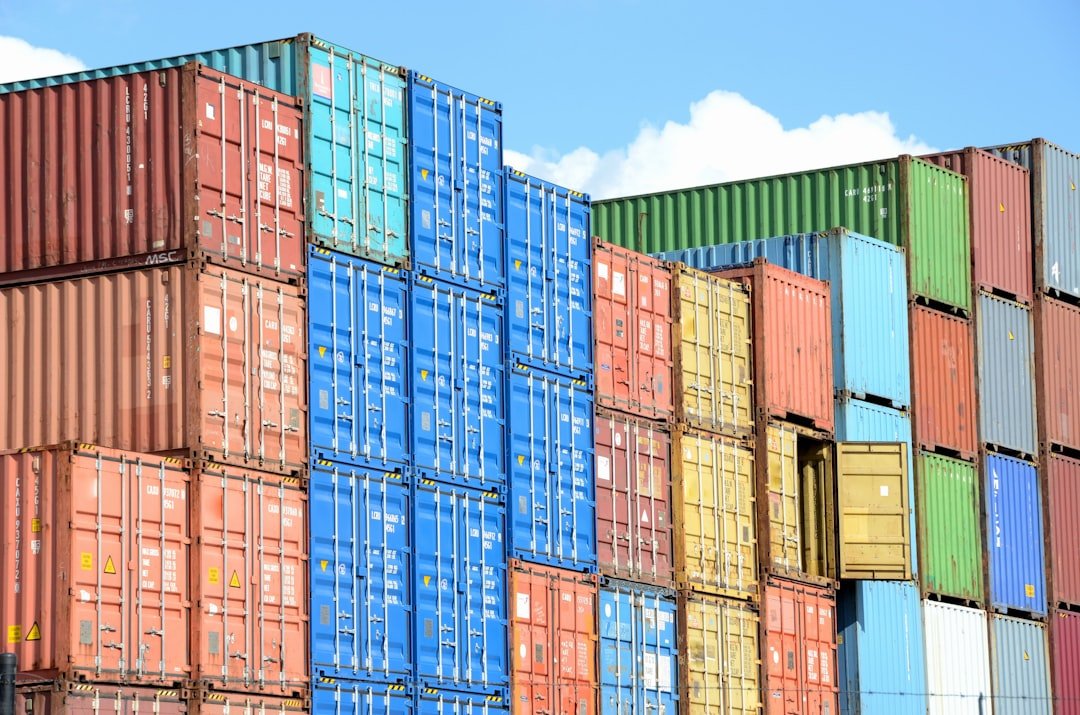The Dark Side of Environmental Crime: A Deep Dive into Greenhouse Gas Smuggling In recent years, the world has witnessed a growing concern over climate change and its devastating effects on the environment. As nations strive to meet their greenhouse gas (GHG) reduction targets, a troubling trend has emerged: the smuggling of greenhouse gases. In addition to undermining international efforts to tackle climate change, this illegal activity poses serious risks to public health and safety. One clear example of the extent people & organizations will go to in order to circumvent laws and make money off of environmental damage is the case of greenhouse gas smuggling. The illegal transportation and sale of substances that contribute to global warming, such as hydrofluorocarbons (HFCs) and other powerful GHGs, is a common aspect of greenhouse gas smuggling.
Key Takeaways
- Greenhouse gas smuggling is a serious environmental crime that has far-reaching consequences for the planet.
- Smuggling operations contribute to increased greenhouse gas emissions, exacerbating climate change and environmental degradation.
- The discovery of a greenhouse gas smuggling operation highlights the need for increased vigilance and monitoring of emissions.
- Smuggling greenhouse gases carries severe legal consequences, including hefty fines and potential imprisonment.
- International cooperation is crucial in combating greenhouse gas smuggling, as it often involves multiple countries and jurisdictions.
Aerosol propellants, air conditioning, and refrigeration all frequently use these materials. Smugglers take advantage of gaps & flaws in enforcement when nations impose more stringent laws on the manufacture and consumption of these gases. This article explores how smuggling of greenhouse gases affects the environment, how such operations are discovered, the legal repercussions, & how crucial international cooperation is in the fight against this urgent problem. The effects of greenhouse gas smuggling on the environment are extensive and severe. These gases play a major role in climate change and global warming when they are transported illegally and released into the atmosphere.
In a short period of time, for example, the global warming potential of HFCs—which are frequently used as alternatives to ozone-depleting substances—can be thousands of times higher than that of carbon dioxide. The already dire situation of climate change is made worse by the unchecked release of these gases, which causes more extreme weather events, rising sea levels, and ecological disruptions. Further undermining nations’ attempts to fulfill their emissions reduction obligations under global accords like the Paris Accord is the smuggling of greenhouse gases.
Smugglers who circumvent laws not only avoid paying taxes and fees that would otherwise support environmental protection programs, but they also give law-abiding companies an unfair advantage. This can create a vicious cycle in which legal businesses incur higher operating expenses while illicit businesses prosper, thereby causing more environmental damage. Several law enforcement agencies working together, collecting intelligence, and conducting surveillance are frequently used to uncover greenhouse gas smuggling operations. Authorities frequently learn about suspicious activity from whistleblowers’ tips or by keeping an eye on trade patterns that point to illicit transactions.
| Charges | Details |
|---|---|
| Smuggling Greenhouse Gases | Transporting and selling illegal greenhouse gases |
| Quantity | 10,000 tons of illegal greenhouse gases |
| Penalty | Up to 10 years in prison and/or hefty fines |
For instance, customs officials may become concerned if there is an abrupt increase in the import of refrigerants in a nation with stringent laws. In one prominent instance, law enforcement organizations from several nations worked together to identify a highly skilled smuggling network that was transnationally trafficking HFCs. Researchers used data analysis & cutting-edge tracking tools to find odd shipping patterns and routes. This operation exposed organized crime groups that were taking advantage of regulatory loopholes for financial gain in addition to the scope of the smuggling.
Such operations were successfully dismantled, demonstrating the value of alertness & preventative actions in the fight against environmental crime. Those who engage in greenhouse gas smuggling may face harsh legal consequences, which is indicative of how seriously governments take environmental offenses. Depending on the scope of their activities and the particular laws they have broken, offenders may be subject to steep fines, jail time, or both. Given its potential to affect public health and safety as well as contribute to climate change, smuggling greenhouse gases is illegal in many jurisdictions. Also, legal frameworks are changing to better handle the complexity of environmental crime. While some nations are improving their regulatory frameworks to close gaps that smugglers take advantage of, others have started to impose harsher penalties for those found smuggling greenhouse gases.
Global pledges to fight climate change and national priorities are reflected in the ever-changing legal environment surrounding greenhouse gas smuggling. International collaboration is essential in the battle against the smuggling of greenhouse gases. Effective enforcement and regulation of environmental crimes require international cooperation because these crimes frequently cross national boundaries.
Organizations like the United Nations Environment Programme (UNEP) & INTERPOL are essential in promoting information exchange and cooperative operations between member states. The Montreal Protocol, which attempts to phase out substances that deplete the ozone layer, is a successful example of international cooperation. Significant decreases in ozone-depleting substances have resulted from this agreement, which has also encouraged international cooperation in the fight against the illicit trade in these materials.
Spotting and stopping greenhouse gas smuggling necessitates a multipronged strategy that incorporates public awareness campaigns, technological developments, and regulatory actions. By enforcing more stringent licensing requirements for companies handling GHGs and stiffening penalties for infractions, governments can improve their regulatory frameworks. Also, money spent on training law enforcement and customs officers can help them spot suspicious activity linked to the trade in greenhouse gases. Also, technological advancements are essential for identifying smuggling activities. Authorities can spot anomalies in reported imports and exports or odd shipping patterns with the use of sophisticated tracking systems, satellite monitoring, & data analytics.
Also, public awareness campaigns can inform consumers of the significance of adhering to environmental regulations and motivate them to report any suspicious activity pertaining to the trade of greenhouse gases. In addition to discouraging future transgressions, holding smugglers responsible for their acts is crucial for upholding social norms around environmental stewardship. It sends a message that such behavior is acceptable when people or organizations commit crimes that damage the environment. On the other hand, it emphasizes the significance of abiding by environmental laws and regulations when authorities take firm action against smugglers.
Restoring public confidence in regulatory systems also heavily depends on accountability. Communities impacted by environmental crimes frequently feel helpless when they see unlawful activity going unpunished. Governments may show their dedication to preserving the environment and making sure that lawbreakers receive the proper punishment by bringing charges against smugglers & enforcing harsh penalties. One major obstacle to the global effort to combat climate change is the smuggling of greenhouse gases. While countries strive to cut emissions and safeguard the environment, they must be on the lookout for those who would try to thwart these efforts through illicit means.
In addition to compromising climate stability, greenhouse gas smuggling has a significant negative influence on public health and safety. Both international collaboration and a dedication to holding criminals accountable for their deeds are necessary to successfully address this problem. By strengthening regulatory frameworks, funding detection technologies, and raising public awareness, governments can establish a strong system that discourages smuggling. To guarantee that future generations inherit a healthier planet free from the dangers posed by environmental crime, ongoing efforts are ultimately required.
A man has been charged with smuggling greenhouse gases, a crime that highlights the urgent need for action on climate change. According to a recent article on the impact of greenhouse gases on climate change, these gases are contributing to rising global temperatures and extreme weather events. It is crucial for individuals and governments to take steps towards reducing emissions and transitioning to more sustainable practices. Another related article on climate-smart agriculture offers sustainable solutions for farmers to mitigate their impact on the environment and adapt to changing weather patterns.



